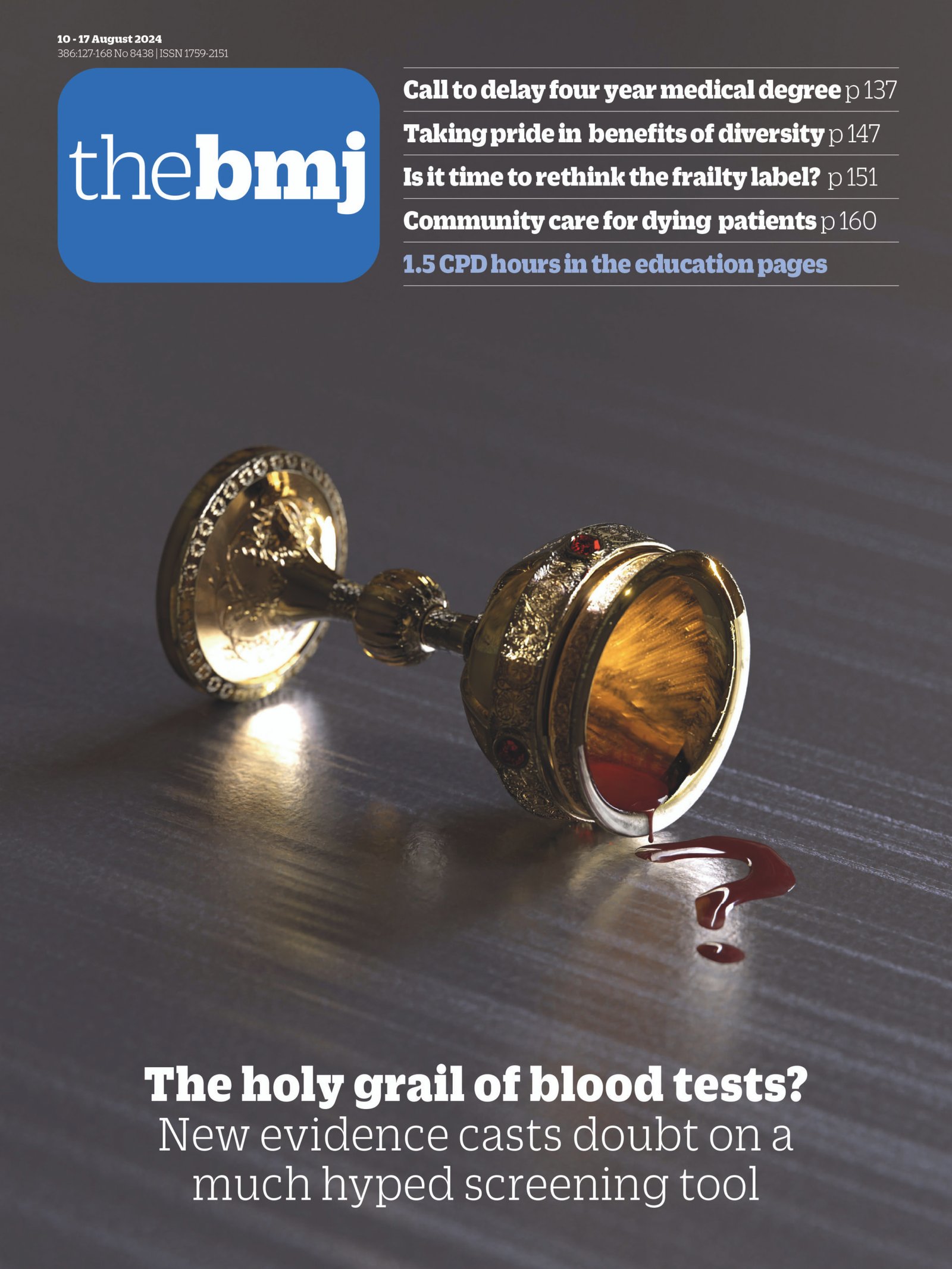
- Neha Bhatt, freelance journalist
- Delhi
- nehabhatt70{at}gmail.com
A steep rise in sweetened ultra-processed food consumption in India is prompting calls for action from health professionals and government authorities.
In response to growing concerns, government regulatory agencies, courts, and health research bodies have ordered a series of measures to tackle the escalating rates of obesity and non-communicable diseases such as diabetes. In early July, the Food Safety and Standards Authority of India (FSSAI) approved an amendment to its labelling regulations to make the display of sugar, salt, and saturated fat content on packaged food items bolder, to enable consumers “to better understand the nutritional value of the product they are consuming and make healthier decisions.”
The matter came into the spotlight in April when an investigation by Swiss non-governmental organisation Public Eye revealed that Nestlé added sugar to its baby food products in India and other low income countries, while its infant food products in Europe have no added sugar. The report led to a public outcry, and FSSAI said it was collecting samples to investigate. No conclusion has been declared. Nestlé says it has reduced added sugars by up to 30% in its products over the past five years and that the sugar content in its baby cereal is half the permissible limit set by FSSAI.
An FSSAI representative tells The BMJ that their existing standards are largely aligned with Codex, the international body that develops and endorses food standards based on inputs from 187 member countries. “FSSAI is, however, in the process of taking a comprehensive reappraisal of its standards, considering the September 2023 WHO guidelines for complementary …







